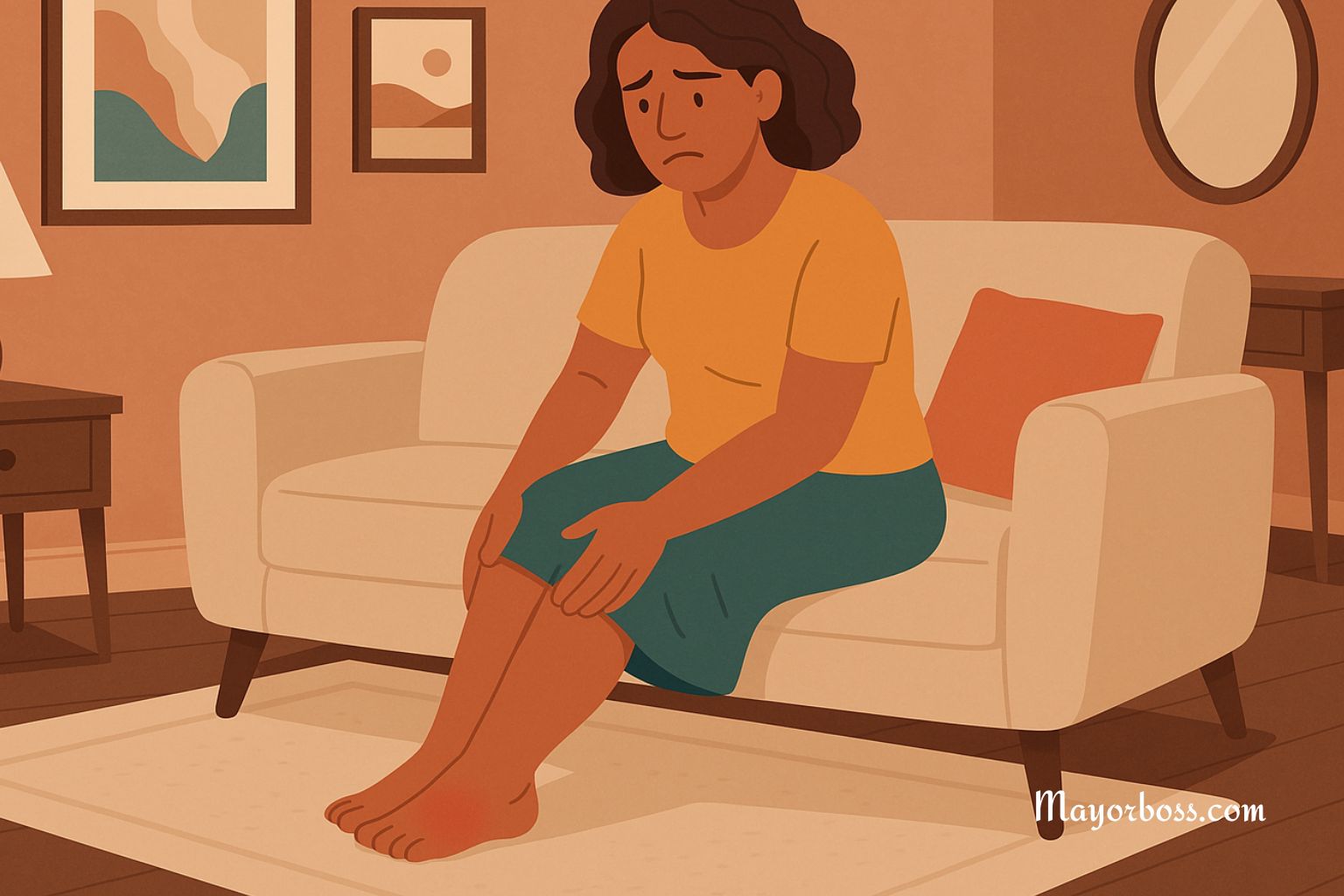Unusual Signs Your Heart May Be in Trouble
Heart disease is often thought of as a condition that causes chest pain or shortness of breath. While these are important warning signs, the heart can also send more subtle messages when something isn’t right. Recognizing these early, unusual signs may help prevent a serious heart problem.

Jaw or Neck Discomfort
Pain in the chest may not always show up directly in the chest. Sometimes, heart-related discomfort radiates to the jaw, neck, or even the upper back. If you feel tightness or aching in these areas—especially if it happens during physical activity or stress—it could be a sign that your heart is not getting enough blood.1
Fatigue That Comes Out of Nowhere
Sudden, unexplained fatigue—especially after doing activities that you normally handle well—can signal heart trouble. This type of fatigue is not the same as being tired after a long day. It feels overwhelming and may even be accompanied by dizziness or a sense of weakness. This may indicate that your heart is struggling to pump blood efficiently.
Sweating Without a Clear Reason
Breaking out in a cold sweat without exercise, heat, or stress could be a warning sign of heart trouble.2 When the heart doesn’t receive enough oxygen-rich blood, the body can respond by sweating. If you feel clammy or soaked for no clear reason, especially if you also feel lightheaded or nauseous, seek medical attention.
Swelling in the Legs, Ankles, or Feet
When the heart’s pumping ability weakens, blood can begin to pool in the lower parts of the body. This causes fluid buildup, or swelling, especially in the legs, ankles, and feet. If you notice this swelling getting worse as the day goes on or doesn’t go away overnight, your heart may be struggling to circulate blood effectively.
Nausea or Loss of Appetite
Heart problems can affect your digestive system.3 Poor blood flow can make it harder for your stomach and intestines to function well. As a result, you may feel nauseated, bloated, or full even when you haven’t eaten much. Though this can be caused by many conditions, when combined with other heart symptoms, it should not be ignored.
Irregular Heartbeat or Fluttering
Your heartbeat should be steady and predictable. Feeling skipped beats, rapid fluttering, or a racing heart that lasts more than a few seconds could signal arrhythmia—a problem with the heart’s electrical signals. While not always dangerous, it can increase the risk of stroke or heart failure if left untreated.
Trouble Sleeping or Waking Up at Night
People with heart problems may have difficulty sleeping flat.4 They may wake up in the middle of the night short of breath or needing to prop themselves up with pillows. This could be due to fluid backing up into the lungs, which happens when the heart can’t manage blood flow properly.
Persistent Cough or Wheezing
A dry, hacking cough that doesn’t go away—especially when lying down—can be a sign of fluid buildup in the lungs. This often happens with heart failure. In some cases, the cough may produce white or pink mucus. If this sounds familiar, your heart should be checked.
Confusion or Difficulty Concentrating
The brain requires a constant supply of oxygen-rich blood. When the heart isn’t pumping well, blood flow to the brain may decrease. This can lead to trouble thinking clearly, forgetfulness, or even confusion—especially in older adults. These symptoms are often missed as normal aging, but they may be early signs of heart failure.
Shortness of Breath During Simple Activities
Shortness of breath while climbing stairs, walking a short distance, or even bending down to tie your shoes is often an early red flag. It means the heart may not be able to meet your body’s oxygen needs. This symptom is often brushed off as being “out of shape,” but if it’s new or worsening, it should be evaluated.
What You Should Do
If you notice any of these symptoms, especially more than one at the same time, talk to your doctor. Even if they seem minor or unrelated, they could be early signs of a heart problem. The sooner you get checked, the better the chance of preventing serious complications.
Take note of your symptoms. Keep track of when they happen, how long they last, and what triggers them. This information can help your doctor make a diagnosis.
